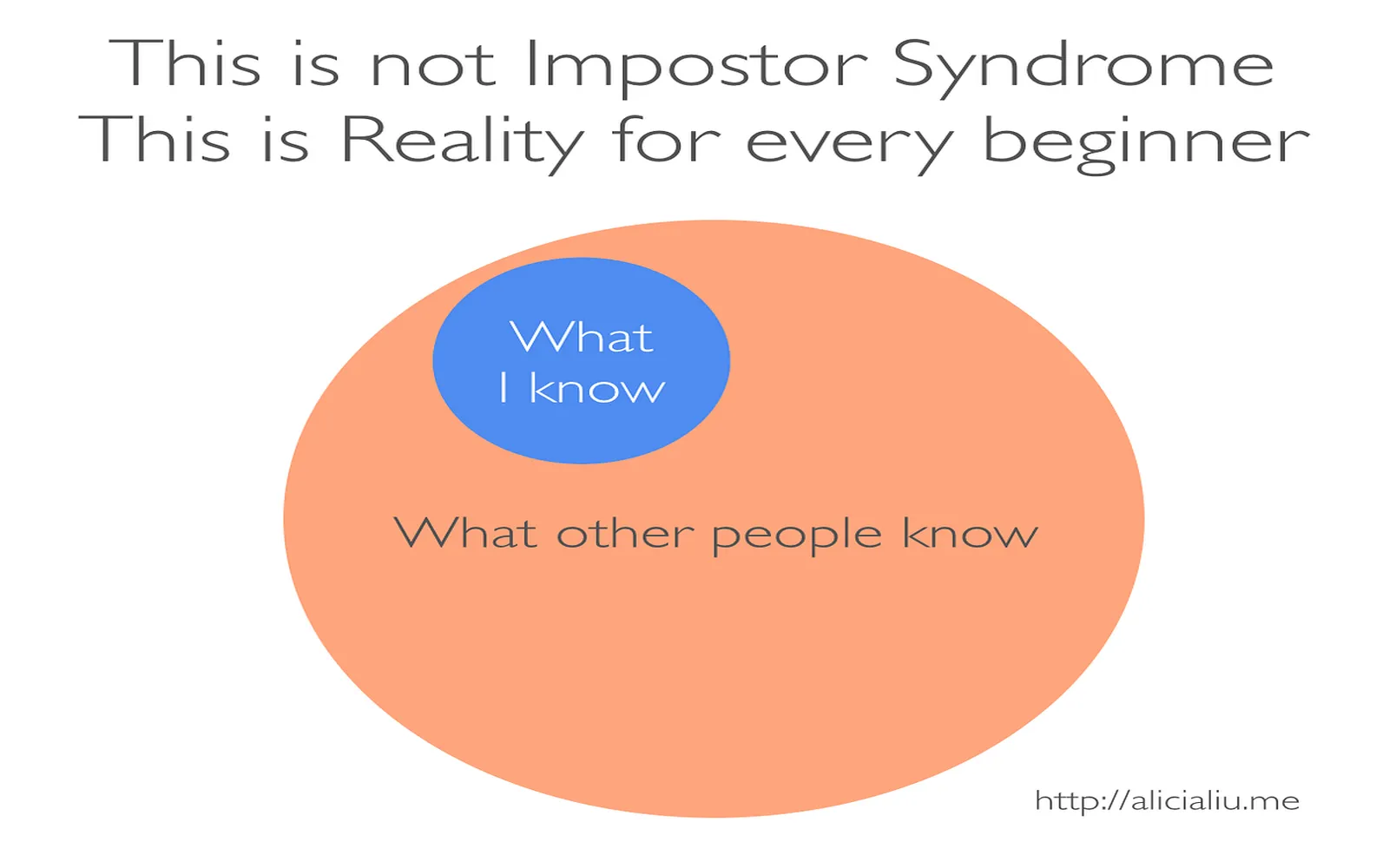Impostor syndrome is a psychological phenomenon where individuals doubt their accomplishments and fear being exposed as frauds. This syndrome is particularly prevalent among high achievers and those in competitive environments. However, an interesting observation has emerged: actual impostors, those who deceive others for personal gain, often do not exhibit feelings associated with impostor syndrome. In this article, we will explore this paradox, examining the characteristics of genuine impostors and how their mindset differs from that of individuals experiencing impostor syndrome.
Understanding Impostor Syndrome
Impostor syndrome manifests in feelings of self-doubt, anxiety, and a persistent fear of being exposed as a fraud. Individuals experiencing this syndrome often attribute their success to external factors such as luck or timing rather than their capabilities. This psychological state can lead to decreased self-esteem and hinder career advancement.
Characteristics of Actual Impostors
In contrast, actual impostors tend to possess a different mindset. They are often confident, strategic, and focused on their objectives. These individuals may embody traits such as:
| Trait | Description |
|---|---|
| Confidence | Actual impostors exude confidence in their abilities, often leading others to believe in their fabricated personas. |
| Strategic Thinking | They are adept at creating elaborate schemes to deceive others, showcasing their planning skills. |
| Risk-Taking | Impostors are willing to take significant risks, relying on their ability to manipulate situations to their advantage. |
| Emotional Detachment | Many impostors can detach themselves emotionally from their actions, allowing them to continue their deception without guilt. |
The Psychological Divide
The key difference between those suffering from impostor syndrome and actual impostors lies in their psychological state. While genuine impostors possess a strong sense of self-efficacy, individuals with impostor syndrome struggle with self-doubt. This psychological divide can be illustrated as follows:
| Aspect | Impostor Syndrome | Actual Impostors |
|---|---|---|
| Self-Perception | Negative self-image, feelings of inadequacy | Positive self-image, belief in their deception |
| Fear of Exposure | Constant fear of being "found out" | Minimal concern for exposure, often calculating |
| Response to Success | Attribution to luck or external factors | Attribution to their skills and planning |
| Emotional Impact | Anxiety, depression, stress | Confidence, satisfaction, sometimes arrogance |
How Actual Impostors Operate
Understanding how actual impostors operate can shed light on why they do not experience impostor syndrome. These individuals are often charismatic and skilled at presenting themselves in a favorable light. They may utilize various tactics, including:
- Networking: Building relationships with influential individuals to gain credibility.
- Exaggeration: Inflating their qualifications or experiences to appear more qualified than they are.
- Manipulation: Using psychological tactics to influence others’ perceptions of them.
These strategies allow actual impostors to navigate their environments successfully, leading them to feel validated in their roles rather than insecure.
The Consequences of Impostor Syndrome vs. Impostor Behavior
While individuals with impostor syndrome often face negative consequences such as burnout and decreased job satisfaction, actual impostors may experience a different set of outcomes. The deceptive behavior of actual impostors can lead to:
| Consequence | Impostor Syndrome | Actual Impostors |
|---|---|---|
| Career Advancement | May hinder opportunities due to self-doubt | Often leads to rapid advancement based on deception |
| Relationships | Can strain relationships due to anxiety | Can create superficial relationships based on manipulation |
| Mental Health | Higher risk of anxiety and depression | May experience stress but often feel empowered |
| Reputation | Struggles with self-esteem and reputation | Can build a false reputation based on deceit |
Conclusion
In conclusion, the contrast between actual impostors and those suffering from impostor syndrome highlights the complexities of human psychology. While impostor syndrome is characterized by self-doubt and fear of exposure, actual impostors display confidence and strategic thinking. Understanding these differences can provide valuable insights into personal development and the dynamics of success in various fields.
By recognizing these distinctions, individuals can better navigate their own feelings of inadequacy and work towards fostering genuine self-confidence. Embracing one's achievements and understanding the value of authenticity can lead to greater fulfillment and success in both personal and professional realms.





